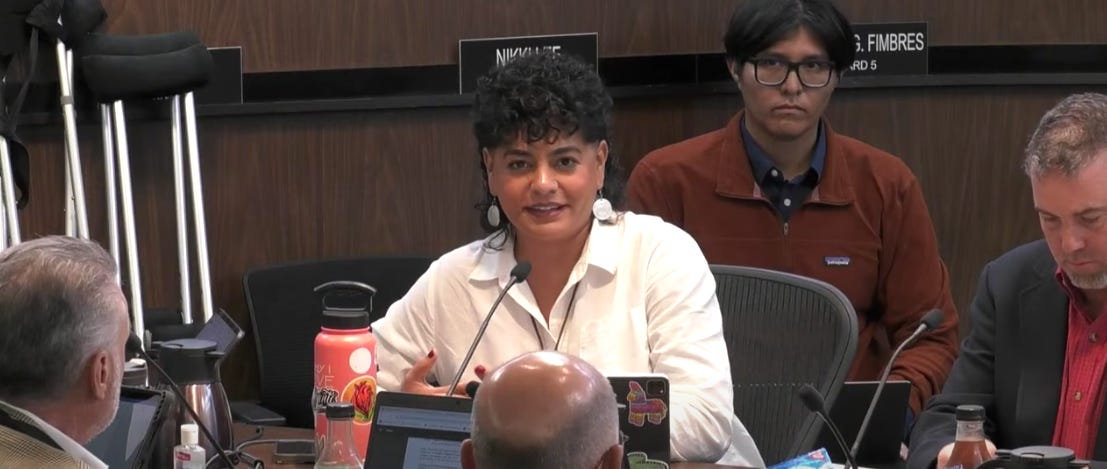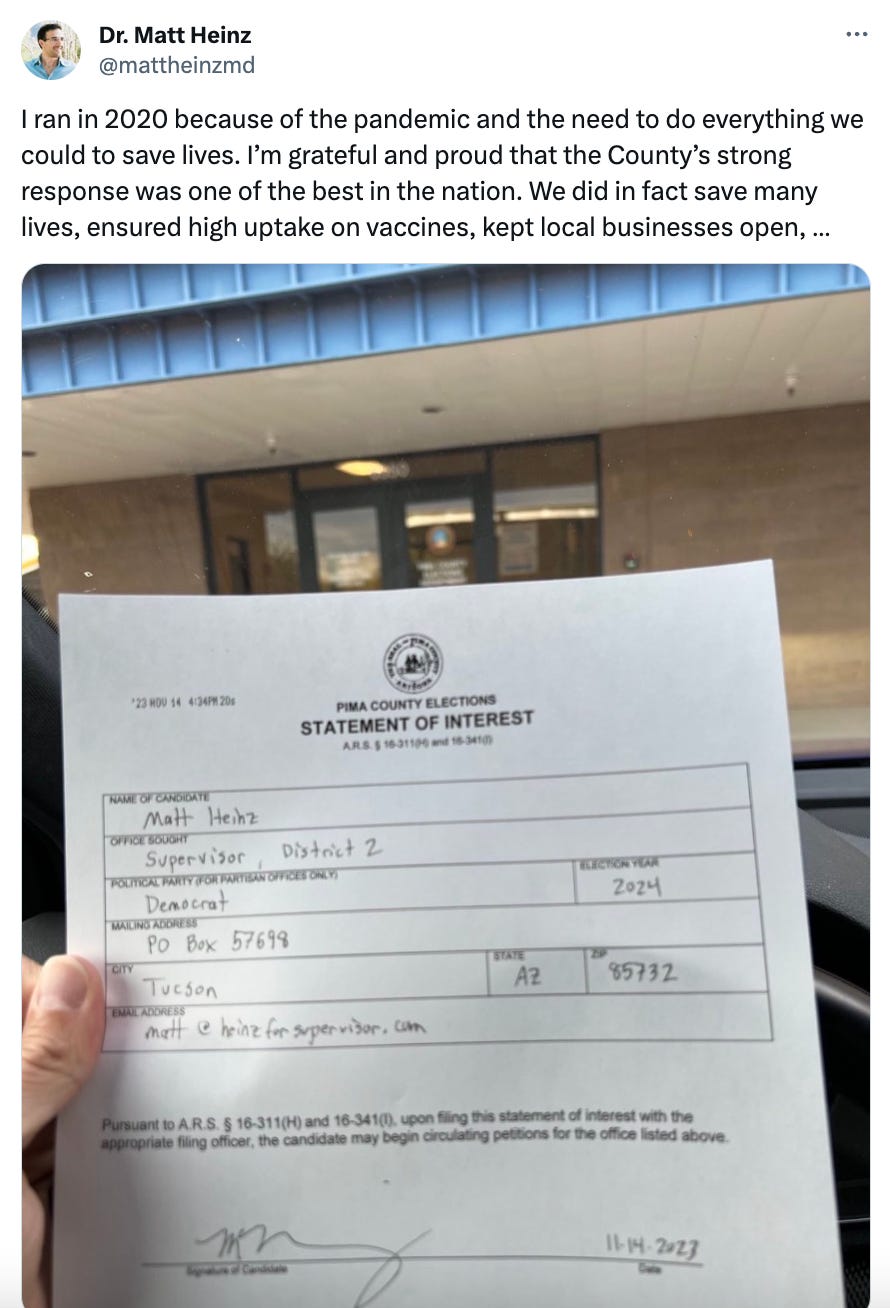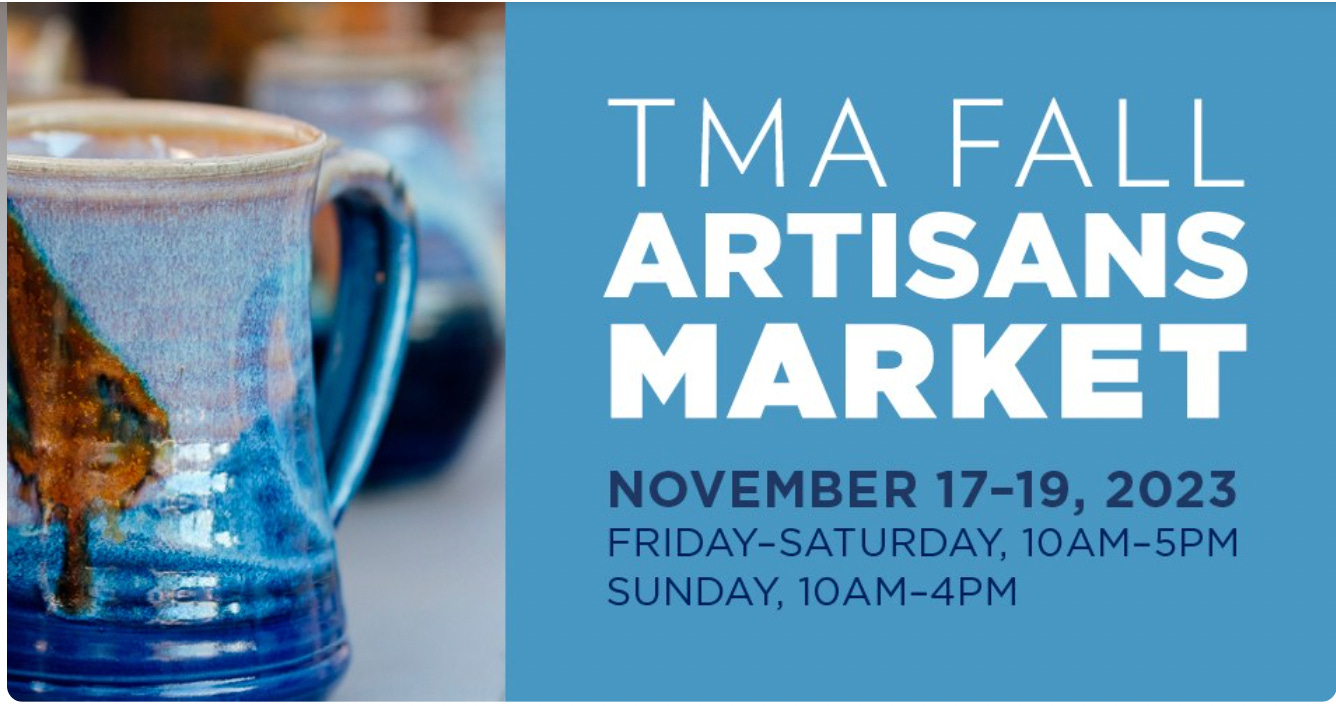The Daily Agenda: The vision behind the decision
Tucson’s vice mayor has new duties … A February council retreat keeps resonating … Heinz is running again.
Taken by itself, the Tucson City Council’s decision this week to revamp the vice mayor position isn’t earth-shattering.
It’s a mostly ceremonial role that now has a few more responsibilities and a formal application process tacked onto it. But the fact that the council is pushing to make it more professional shows a larger vision at work, one that Councilmember Lane Santa Cruz presented at the council’s retreat in February with strong support from Mayor Regina Romero.
The topics in Santa Cruz’s presentation on “good governance,” meaning professional, transparent elected officials, pop up all over the place. Better pay for the mayor and council, participatory budgeting, and now the vice mayor’s role, to name a few.

The highest-profile example is Prop 413, which would give big pay raises to the mayor and council. Voters cast their ballots last week and it’s headed to a recount, but the “aye” votes are winning so far.
Although a seven-member commission wrote Prop 413, the idea to tie the mayor and council’s salaries to those of the Pima County Board of Supervisors came from Santa Cruz’s eleventh-hour suggestion to the commissioners.
Santa Cruz also started a participatory budgeting program earlier this year that asked residents to decide how to spend nearly $1 million in Ward 1, which she represents today and Romero represented before she was elected mayor. The Ward 1 program is a pilot that the other council members may adopt.
At Tuesday’s council meeting, Santa Cruz and Councilwoman Nikki Lee put an item on the agenda that would codify the role of vice mayor.
Serving as vice mayor is a lot of work and shouldn’t just be an “ego boost,” Santa Cruz said during the meeting.
“We’re voting on it as an opportunity to say: ‘This is the person that we think can best do this job,’” Santa Cruz said.
After a half hour of quibbling over details, the council voted unanimously to beef up the vice mayor position.
Previously, the council members took turns serving as vice mayor in an informal rotation. Now, they have to submit a letter of interest before the third Monday in November. The council then votes on who should be vice mayor in the first week of December.
Up until now, the vice mayor’s main duty was to act as mayor when the mayor was away. Now the vice mayor will also oversee certain projects, as decided by the mayor and council.
The vice mayor now has a bigger role as the city’s public face. The mayor was the designated contact person for the state Legislature and organizations like the League of Arizona Cities and Towns. Now, the vice mayor can play that role, although they still aren’t allowed to commit the city to anything without the council’s approval.
And taxpayers won’t see any costs. There is no pay raise for serving as vice mayor.
With all the money you’ll save by not having to pay the vice mayor extra, why not upgrade to a paid subscription?
Romero is known for making strategic plans for basically everything, which often falls under the umbrella of Plan Tucson. When we look at Santa Cruz’s presentation and how the topics they presented are coming to fruition, we can see something like a “Plan Good Government” take shape.
Could it be that we’re also starting to see what Santa Cruz would do if they were elected mayor after Romero, their mentor, decided to seek higher office?
Voters, at least the majority of those who cast their ballots last week, appear to approve of Santa Cruz’s vision for good governance. Santa Cruz, Romero, Lee, and Paul Cunningham all breezed to reelection with at least 60% of the vote.
If you want to see where Tucson is headed, you might want to go back and watch that February retreat.
Recount triggered: Prop 413 is headed for a recount with a margin of just 289 votes, the Tucson Sentinel’s Dylan Smith reports. As of Tuesday’s final count, the proposition was passing with 47,165 “yes” votes and 46,876 “no” votes. State law requires a recount when the margin is within 0.5% of the votes, but recounts rarely change the outcome of elections.
Take two: Pima County Supervisor Matt Heinz announced his run for re-election on social media yesterday, saying that while he’s proud of the county’s strong response to the COVID-19 pandemic, there’s still work to be done. Heinz listed the affordable housing crisis, community safety, the climate crisis, transportation and more as priority areas going forward, saying, “we must save and reinforce the American Dream.”
Looking for answers: University of Arizona faculty and staff want accountability for President Robert C. Robbins amidst the school’s recently announced financial crisis, the Arizona Luminaria’s Carolina Cuellar and John Washington report. Three UA members told the Luminaria Tuesday that both the faculty senate and United Campus Workers are considering moving forward with external audits, with the faculty senate potentially voting as soon as next week to add the request to their next meeting agenda. The Arizona Board of Regents will hear public comment on the situations during their meeting today at the UA.
Difficult decisions: In response to the UA’s financial crisis, the result of a $240 million miscalculation, Robbins is considering cutting several sports programs to help balance the operating budget, the Arizona Daily Star’s Ellie Wolfe writes. Wolfe spoke to an expert who said that making cuts to the UA’s athletic department will prove very challenging.
“Cutting sports is one of the most difficult things that any athletic director or president can do,” said Karen Weaver, a professor at the University of Pennsylvania. “Because some of the most loyal and dedicated alumni are former student athletes.”
Shelter and services: Democratic Senate candidate and U.S. Rep. Ruben Gallego announced Monday a plan to reform the federal program that reimburses Arizona nonprofits and local governments for their efforts to help arriving migrants, the Arizona Republic’s José Ignacio Castañeda Perez writes. The proposal is asking for more oversight of the program to make sure the money is being spent the way it should be and seeks clarification about which federal agency is in charge of the program.
Community gardeners: The Tucson City Council set up a pilot program for small-scale agriculture at their Tuesday meeting. The program would offer participants a lower water rate to encourage people, businesses and groups to grow and harvest food crops to sell through vendors that accept public assistance benefits. City Manager Michael Ortega has been tasked with figuring out a cap for the overall water usage to prevent the program from being abused.
The next meeting of the solutions-focused community book club that Caitlin hosts with the Community Foundation of Southern Arizona and Tucson Tome Gnome is just two weeks away. The group will be discussing Matthew Desmond's "Poverty in America” on Nov. 30 and only a few spots are left. This will be the last book club meeting of the year, with 2024 dates to be announced soon. Refreshments will be served and the event is free, but you need to RSVP in advance.








